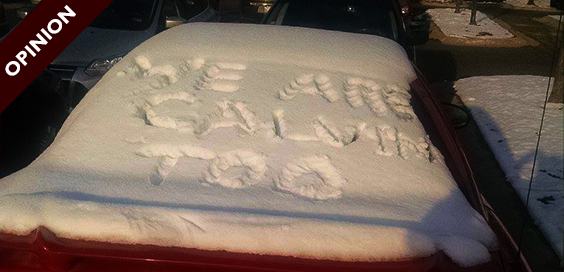Brazil’s Federal Universities Approach Racial Quota Implementation DeadlinePosted in Articles, Brazil, Campus Life, Caribbean/Latin America, Law, Media Archive, Politics/Public Policy on 2016-01-07 01:55Z by Steven |
Brazil’s Federal Universities Approach Racial Quota Implementation Deadline
Truthout
2015-12-30
Marlenee Blas Pedral, Fulbright Fellow
Comissão Fulbright Brasil
In 2016, Brazil’s prestigious federal universities will be required to confirm that fifty percent of their incoming students come from public schools. Furthermore, slots for self-identifying Black, mixed-race and Indigenous students must correspond to the proportion of the local population.
Implemented in accordance with Brazil’s Lei de Cotas (Law of Social Quotas), these measures seek to ensure that Brazil’s public universities reflect the country’s diverse population. The implementation of these measures represents a big leap, but Brazil still faces many hurdles to making its higher education system more democratic.
More than half of the population in Brazil identified in the census as Black or mixed race, yet only 10 percent of this group made it to the university. In response to these high educational gaps, Brazil’s congress voted in 2012 for a plan to implement the Lei de Cotas…
…Challenges in Higher Education
The residual effects of slavery are acute in Brazil, a country where roughly 4 million African people arrived through enslavement, compared to the estimated 400,000 Africans who arrived in the US.
While the US suffered from Jim Crow laws and one-drop rules, Brazil’s aim of branqueamento (whitening) and its push for imaginary “racial democracy” has yielded a different form of racism…
Read the entire article here.

